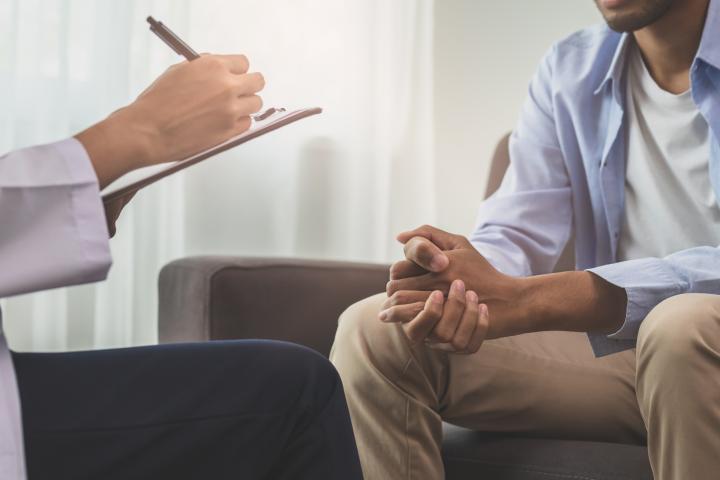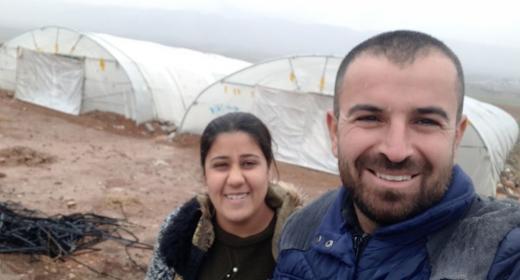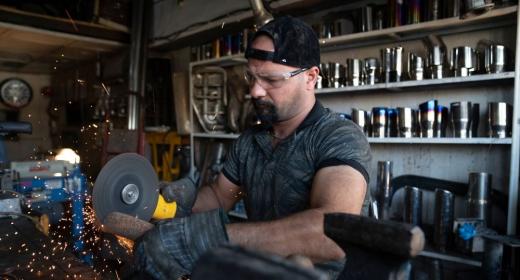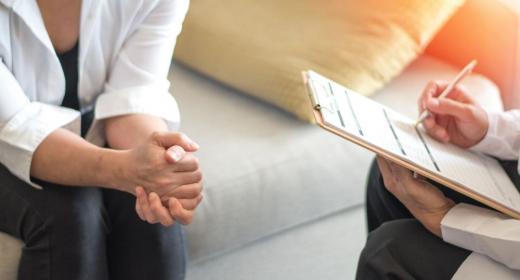The Iraqi-German Centre for Jobs, Migration and Reintegration (GMAC) in Baghdad provides the best possible psychosocial counselling to help returnees. In an interview, health advisor Ali explains how that works. He sees it as extremely important that people feel comfortable with him.
Which psychosocial services are available in the centre and for whom?
Our services are intended for returnees from Germany and other EU countries. We offer these people an initial consultation, which we use to assess their situation. It forms the basis for referral to our partner organisations where they get further support. Our cooperation partners include psychologists and doctors, for example.
What worries and concerns do people have when they visit you?
The returnees that come to see me and my team are often traumatised. They are suffering from anxiety disorders or depression and have a fear of the future. These people are insecure because they don't have a job. They tell us that they spend the whole day at home. This can cause problems and disputes with their families. They just don't know what to do.




